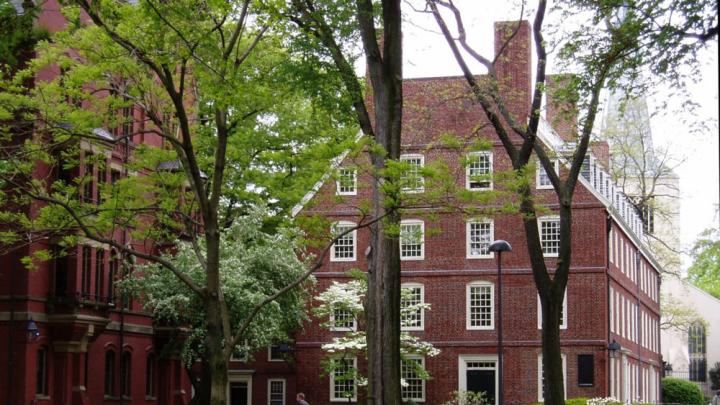A new report released by the Title IX Office and the Office for Dispute Resolution (ODR) shares three years of data about gender-based discrimination, sexual harassment, and sexual assault at Harvard. In the past year, the number of formal complaints filed with the ODR has risen by 65 percent, from 26 to 43—a number that the office partially attributes to increased community awareness about the University’s resources.
“This report is a direct response to community feedback to provide more data about who’s filing complaints about whom, what the types of allegations are, and what the outcomes look like,” said Bill McCants, director of the ODR, the office that implements Harvard’s gender-based harassment policy.
McCants says that in addition to strong attendance at training sessions across campus, he is encouraged by the data that show members of the community are coming forth with a wide range of complaints, not just sexual assault. “Sexual assault is obviously concerning, but our data shows that sexual harassment of other kinds is also a very important problem at Harvard.” The report breaks down complaints into nine different categories, including “sexual assault with penetration,” and “sexual harassment: verbal, written, graphic, photo, film, and by eyeing.” Of the complaints filed between 2014 and 2017, the largest number fell under sexual harassment, followed closely by complaints about sexual assault with unwelcome touching.
Between 2014 and 2017, 43 percent of complaints were found not to be violations of Harvard’s sexual assault and harassment policy, while another 43 percent were found in violation. An additional 5 percent were found not in violation but resulted in sanctions, and 9 percent reached an informal resolution mutually agreed to by the accusing and accused parties.
In the 2016-2017 academic year, 30 percent of complainants were undergraduates, 36 percent graduate and professional students, 12 percent staff members, and 6 percent faculty members. Nearly half of complaints reported last year were resolved before proceeding to a formal investigation, according to the report, “through administrative closure, withdrawal, or referral to the appropriate School or Unit.”
Among the most important changes outlined in the report is that the Title IX Office and the Office for Dispute Resolution have now been divided into two separate offices, said Nicole Merhill, University Title IX officer. The Title IX Office supports members of the Harvard community who choose to disclose an incident of sexual assault or harassment (more than 250 disclosures were made in the last year) and does not share information about an initial complaint with the ODR. The ODR deals with formal, disciplinary investigations for complainants who choose to pursue them. “One of our biggest goals is ensuring that individuals have agency over what happens when they file a complaint,” said McCants. “Members of this community have the opportunity to withdraw a complaint for a variety of good reasons, whether it be because they feel the issue has been resolved, or because they don’t feel equipped to deal with it in the moment, but may wish to re-file at a later time.”
The report comes during a time when sexual harassment and assault policies at many universities are under renewed scrutiny. Earlier this year, Education Secretary Betsy DeVos withdrew the Obama administration’s guidelines on sexual harassment and assault, which had directed schools to use a “preponderance of the evidence” standard (meaning that it is more likely than not that an accused student is guilty) for investigating those cases. Many schools, including Harvard, have not indicated plans to change their policies in light of the new guidance.







